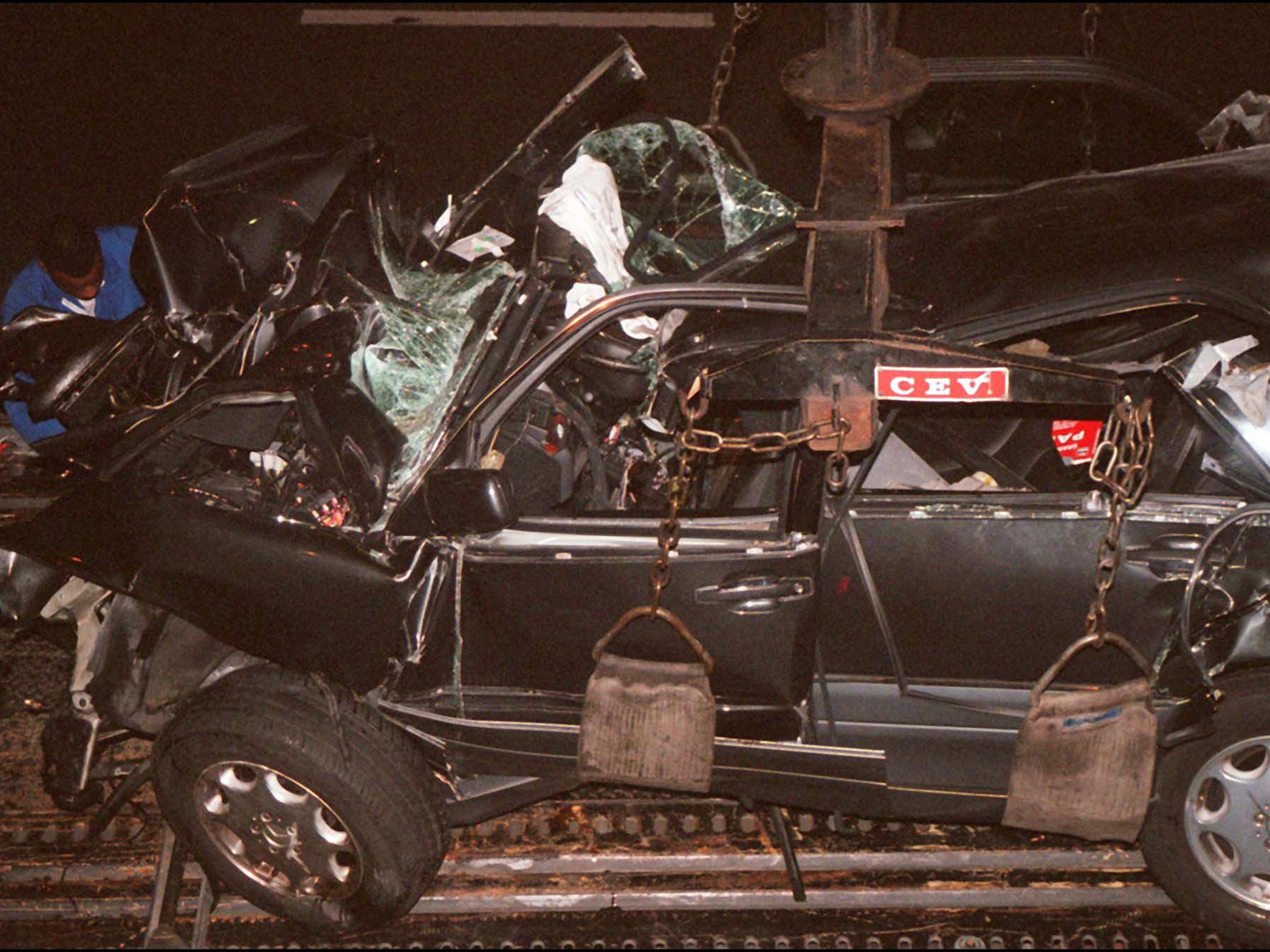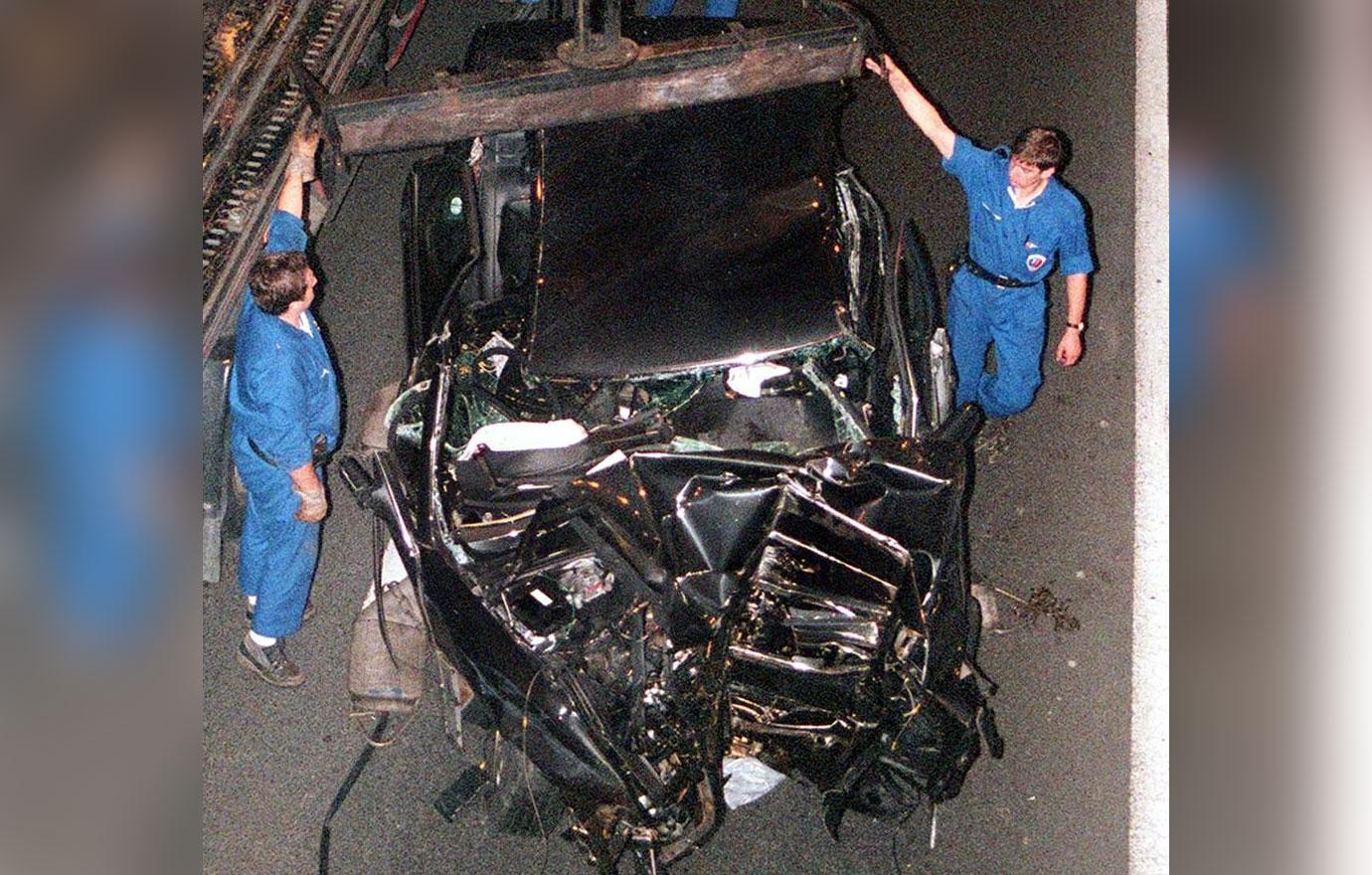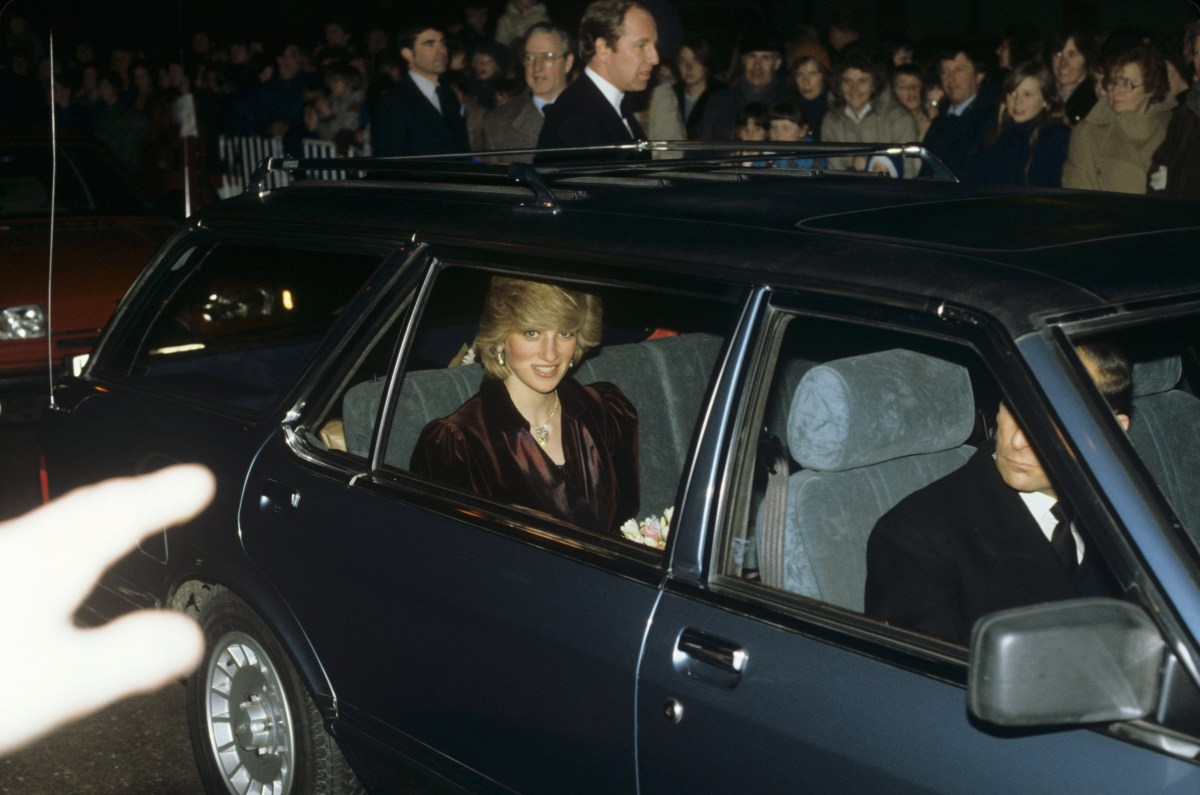Diana's Car Crash Investigation Details: Unveiling The Truth Behind The Tragic Accident
Princess Diana's tragic car crash remains one of the most shocking events in modern history, capturing global attention and leaving countless questions unanswered. The incident, which occurred on August 31, 1997, in the Pont de l'Alma Tunnel in Paris, shocked the world and led to extensive investigations. This article delves deep into the investigation details, offering a comprehensive understanding of the events surrounding this heartbreaking tragedy.
Princess Diana's death remains a topic of immense public interest, with conspiracy theories and official findings often at odds. Understanding the official investigation details provides clarity about what happened that fateful night and allows us to separate fact from fiction.
As we explore the investigation process, we will examine key evidence, witness testimonies, and expert analyses that shaped the conclusions drawn by authorities. This article aims to provide an in-depth, factual account of the events while addressing lingering questions that have persisted over the years.
Read also:Who Plays Mara In The Progressive Commercial Unveiling The Talent Behind The Iconic Role
Biography of Princess Diana
Early Life and Achievements
Princess Diana, born Diana Spencer on July 1, 1961, was a beloved figure known for her humanitarian work and grace. She married Prince Charles in 1981, becoming the Princess of Wales and captivating the world with her charm and compassion. Below is a summary of her life:
| Full Name | Diana Frances Spencer |
|---|---|
| Birth Date | July 1, 1961 |
| Place of Birth | Sandringham, Norfolk, England |
| Marriage | June 29, 1981, to Prince Charles |
| Children | Prince William and Prince Harry |
| Humanitarian Work | AIDS awareness, landmine campaigns, and children's rights |
The Fateful Night of the Crash
On August 31, 1997, Princess Diana was involved in a high-speed car accident in Paris. The vehicle she was traveling in collided with a pillar inside the Pont de l'Alma Tunnel, resulting in severe injuries for all occupants. Diana, her companion Dodi Fayed, and driver Henri Paul tragically lost their lives, while bodyguard Trevor Rees-Jones survived.
Official Investigation Details
French Judicial Inquiry
The French authorities launched a thorough investigation into the crash, examining various factors that contributed to the accident. Key findings included:
- Henri Paul, the driver, was found to have a blood alcohol level exceeding the legal limit.
- The vehicle was traveling at speeds estimated between 65-75 mph in a 50 mph zone.
- Photographers pursuing the car were identified as contributing factors to the crash.
British Inquest
In 2008, a British inquest concluded that Diana's death was caused by "gross negligence" on the part of the driver and pursuing paparazzi. The jury determined that the high-speed chase and Paul's intoxication were direct causes of the accident.
Key Evidence and Testimonies
Vehicle Examination
Forensic analysis of the Mercedes-Benz S280 revealed significant damage to the front and right side of the car. Experts noted that the impact with the tunnel pillar was severe, causing the vehicle to spin and collide multiple times.
Witness Statements
Several witnesses provided accounts of the events leading up to the crash. Paramedics and police officers who arrived at the scene described the chaos and the desperate attempts to save the victims.
Read also:Patriot Ledger Newspaper Quincy Massachusetts A Comprehensive Guide To The Renowned Publication
Conspiracy Theories and Speculation
Over the years, numerous conspiracy theories have emerged, suggesting alternative explanations for the crash. Some claim that the accident was orchestrated, while others believe that technical failures played a role. However, no credible evidence supports these claims.
Impact on Public Opinion
Global Reaction
The death of Princess Diana sparked an outpouring of grief worldwide. Millions mourned her passing, and the tragedy highlighted the dangers of relentless paparazzi pursuit.
Changes in Media Practices
In response to the incident, media organizations began reevaluating their practices regarding celebrity privacy. Laws and regulations were introduced to protect individuals from invasive media tactics.
Legal and Ethical Implications
The crash raised important questions about media ethics and the responsibility of journalists. It served as a wake-up call for the industry, prompting discussions on balancing public interest with individual rights.
Memorialization and Legacy
Princess Diana's legacy endures through numerous memorials and charitable initiatives established in her honor. Her humanitarian work continues to inspire millions around the world.
Lessons Learned
Public Safety and Responsibility
The tragedy underscored the importance of responsible behavior, both by drivers and those pursuing public figures. It highlighted the need for stricter regulations to ensure public safety.
Media Accountability
Journalists and media organizations were reminded of their ethical obligations, leading to increased accountability and better practices in reporting.
Conclusion
Diana's car crash investigation details reveal a complex set of circumstances that led to this tragic event. While the official findings provide clarity, the emotional impact of her loss continues to resonate globally. We invite readers to reflect on the lessons learned and share their thoughts in the comments section. Additionally, explore other articles on our site to learn more about significant historical events.
Table of Contents
- Biography of Princess Diana
- The Fateful Night of the Crash
- Official Investigation Details
- Key Evidence and Testimonies
- Conspiracy Theories and Speculation
- Impact on Public Opinion
- Legal and Ethical Implications
- Memorialization and Legacy
- Lessons Learned
- Conclusion
For more information, refer to credible sources such as the BBC and The Guardian for detailed reports and analyses.


